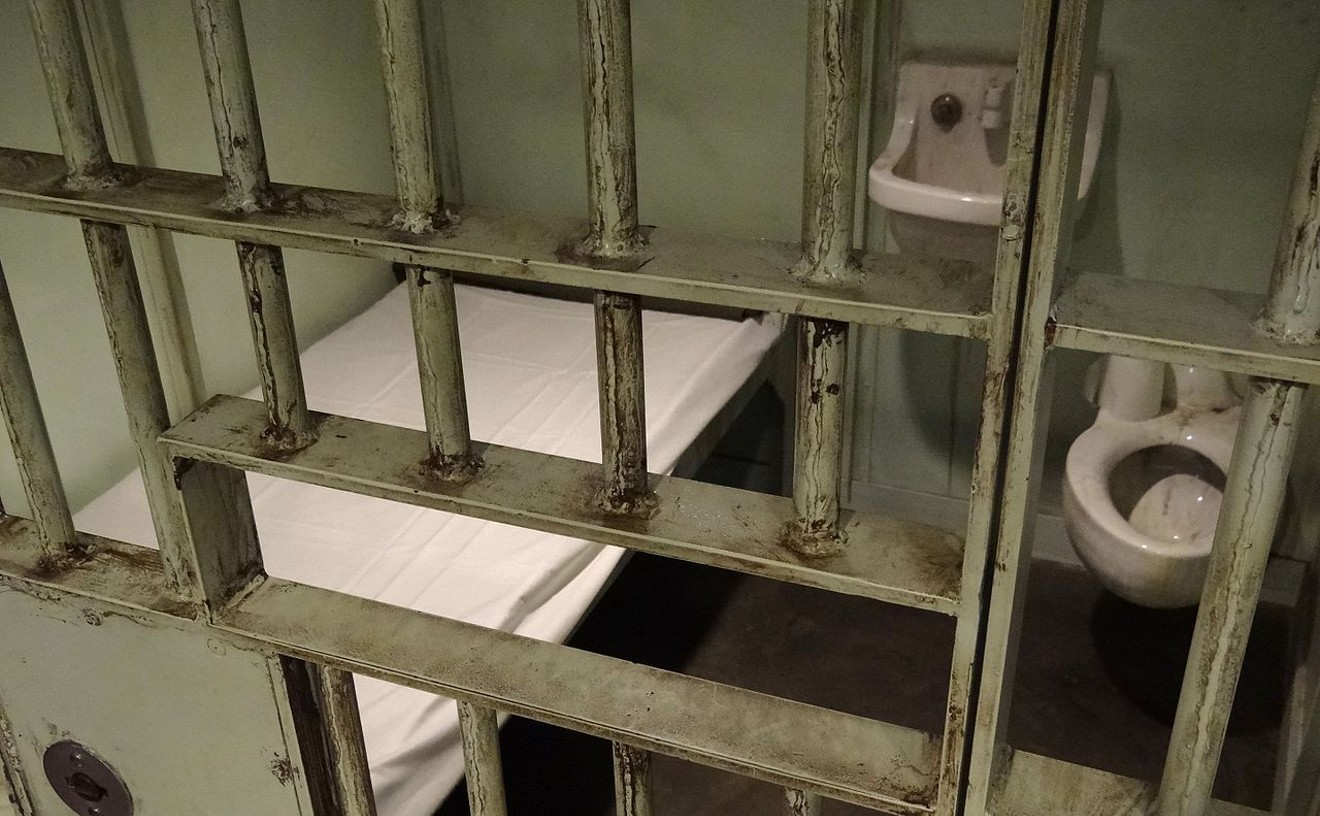On May 17, 2011, 17 people, most of them very young, were indicted for drug crimes in and around Flower Mound, a sleepy, prosperous suburban town about 20 miles north of Dallas. Most of the defendants were accused of conspiring to traffic heroin, specifically cheese, that mixture of cold medicine and black-tar that North Texas just can't seem to shake.
At the time, we profiled one family affected by Flower Mound's heroin problem, the O'Keefes, whose 18-year-old son Brett died of an overdose in 2010. After Brett's death, his mom Kathy started a group called Winning the Fight, (WTF for short, one of Brett's favorite sayings), designed to help parents and kids talk a little more openly about drugs.
The Flower Mound police, though, seemed pretty certain that the arrests of these 17 kids had gone a long way towards solving the area's drug problem. "As far as the supply into Flower Mound, I think we greatly affected it," one officer, Captain Wess Griffin, told me. "We definitely stunted it here."
Two years on, that doesn't seem to be true, for cheese or any other drug. So the Flower Mound police have a new plan: an anonymous hotline where people can call in tips about anyone, especially a teen, they think might be a drug user.
See also: - Why Does Dallas Keep Forgetting About its Cheese-Heroin Problem? - In Suburban Dallas, Loosening "Cheese" Heroin's Deadly Grip
The Dallas Morning News lays it out today: the initiative is called I.N. (Identify and Notify) the Know. Step 1: Call the tip line on any teenager you think might be using drugs. Step 2: "Officers will notify family members and provide them with information about resources and support."
Kathy O'Keefe is interviewed in the piece, seeming to suggest that a program like I.N. could help save lives. "If I know the kids down the street are doing drugs, it's up to me to tell my neighbors," she says. "If we can get together as a community, we can make a huge difference." In a news release on the program, Flower Mound PD said that "all tips and information regarding teen narcotic use will remain confidential and no criminal charges will be filed, once information is provided."
Captain Griffin, the same officer I spoke to in 2011, was also interviewed by the DMN, and is now saying that the arrests served as a "wake-up call" to the community on the prevalence of harder drugs like heroin. And while the need for a new approach is obvious, and the tip line is no doubt born out of the best of intentions, it still seems like a curious approach.
It's not clear, first of all, why this program has to be routed through the police department. Even with the promise that no criminal charges will be filed, it seems unlikely that most teens are going to be willing to call the cops to inform them that their friends are using drugs. For starters, they might still be a bit spooked by the 2011 arrests and indictments. Although many of the kids ended up getting probation and court-ordered rehab, the man identified by the feds as the ringleader, Joseph Hoffman, 21, received 71 months in prison. He's doing his time in Beaumont, with a scheduled release date of October 2015.
It's also not that clear, at least to the public, what support services the youth of Flower Mound can expect to receive. The press release from Flower Mound PD says only that the cops will provide "the necessary resources and support to help that young person get back on the path to success." Is that rehab? A stern talking-to? Methadone?
Also, as long as we're creating an anti-drug program for youth, it seems like it wouldn't be that hard to create one that speaks directly to them. This program is designed for people to, essentially, snitch on their friends and neighbors, albeit in a no doubt loving and well-intentioned way. But what about kids who have started to suspect they might have a problem with drugs? Can they call the hotline on themselves? Is there maybe a better way to let them know that help is available?
This whole hotline idea also seems like a great way to call the cops on someone you don't like, netting them a visit from the fuzz to talk about their drug problem, whether they've got one or not. That may or may not work as a drug-use prevention tactic, but it sure seems like a fast track to making someone's life very uncomfortable. Flower Mound seems to finally be comfortable admitting they've got a drug problem, but real solutions still seem to be a long way off.










